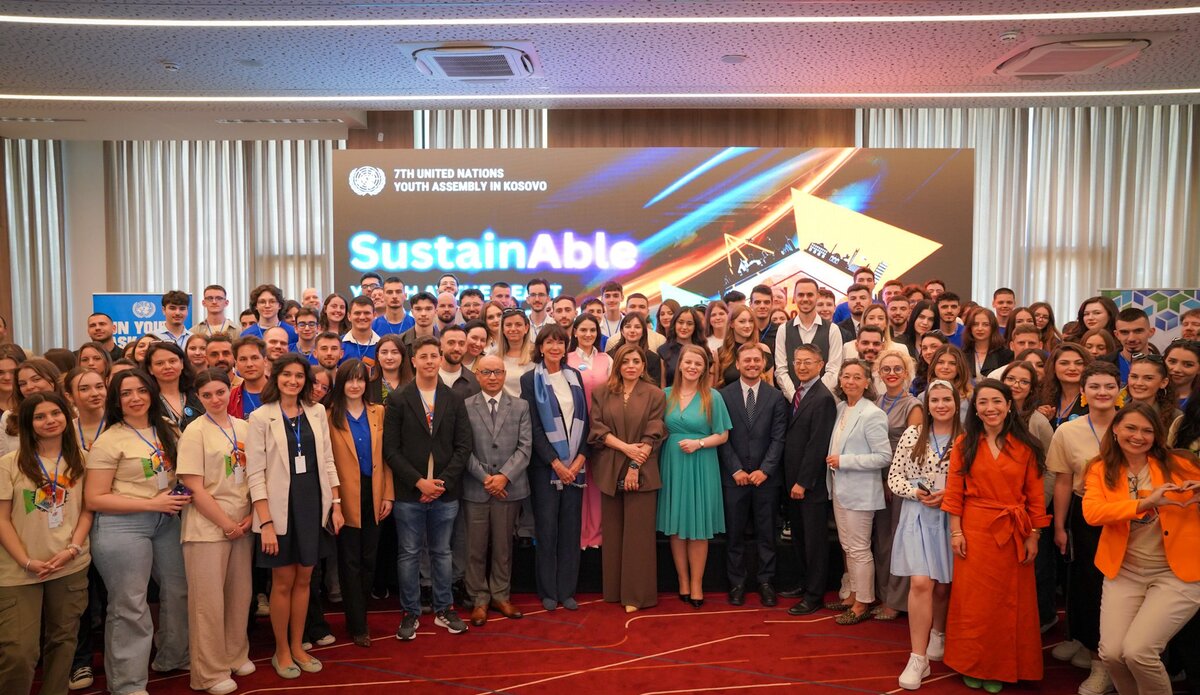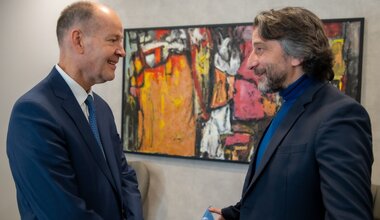Youth Championing Peace and Sustainability at the 7th UN Assembly in Kosovo
ISTOG/ISTOK - More than 130 young leaders from across Kosovo and the Western Balkans gathered for the 7th UN Youth Assembly, a regional event championing youth-led solutions to peacebuilding, reconciliation, and sustainable development. Traditionally backed by the United Nations Mission in Kosovo, the Assembly centered the voices of young people, offering a rare platform for cross-community collaboration in a region still navigating post-conflict divisions.
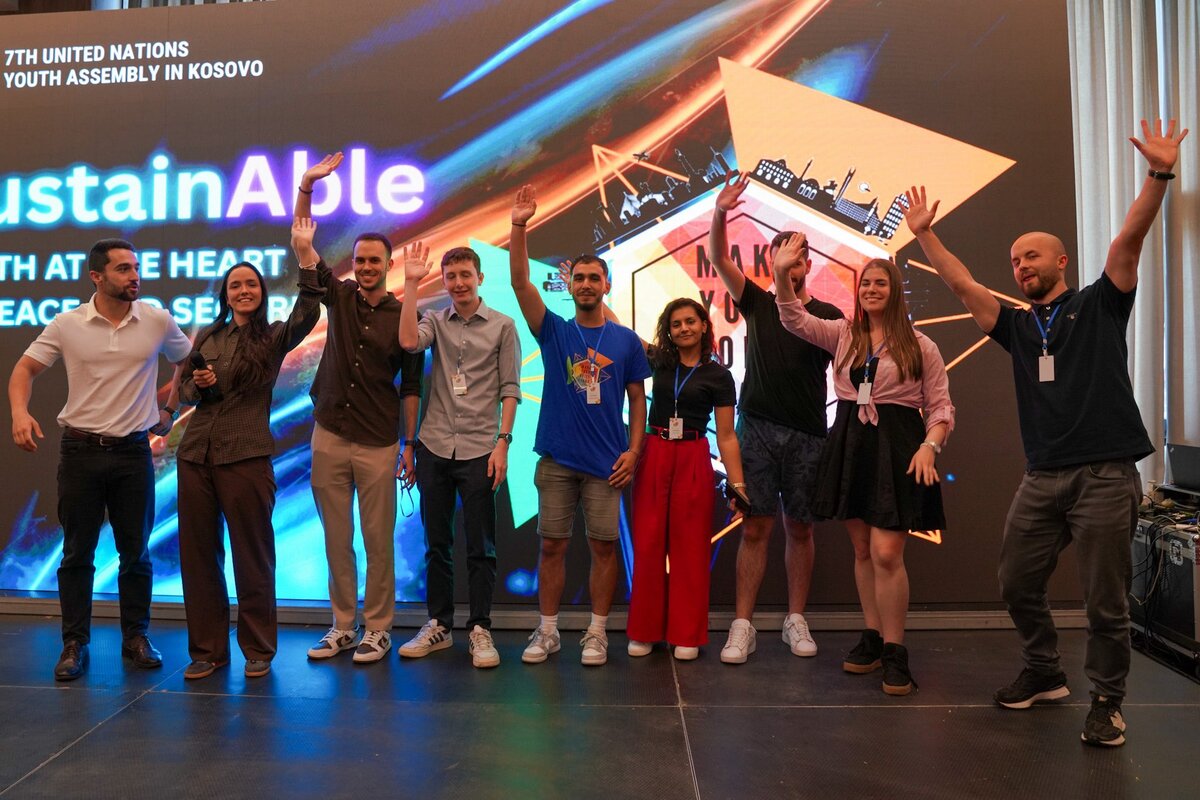
Organized around the theme “SustainAble: Youth at the Heart of Peace and Security,” the Assembly was driven by the United Youth Task Force, an interethnic, youth-led body that shaped both the agenda and the dialogue. Its focus was deliberate, to amplify young voices not just in conversation, but in action, especially timely as the event marked the 10th anniversary of UN Security Council Resolution 2250 on Youth, Peace and Security.
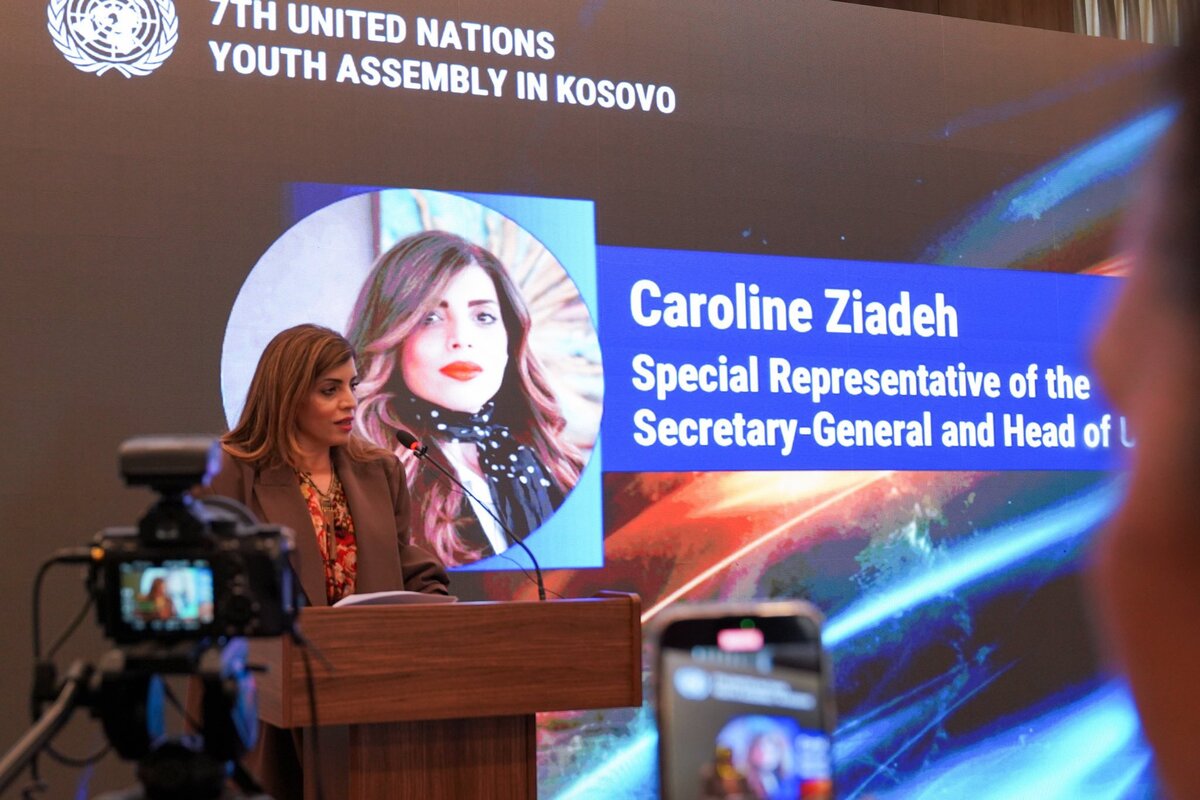
In her opening address, Caroline Ziadeh, Special Representative of the Secretary-General and Head of UNMIK, called on youth to embrace their roles as architects of change. “You are champions of justice, equality and inclusion, the foundations of lasting peace and security,” she said, reiterating UNMIK’s long-term commitment to the Youth, Peace and Security agenda.
Far from symbolic, the Assembly delivered substance. Participants co-developed four youth-led initiatives tackling key regional priorities, such as interethnic reconciliation, cultural heritage preservation, digital democracy, and environmental sustainability. With funding and expert mentorship secured, each project is now advancing from concept to implementation, proof that youth engagement is not aspirational but also operational.
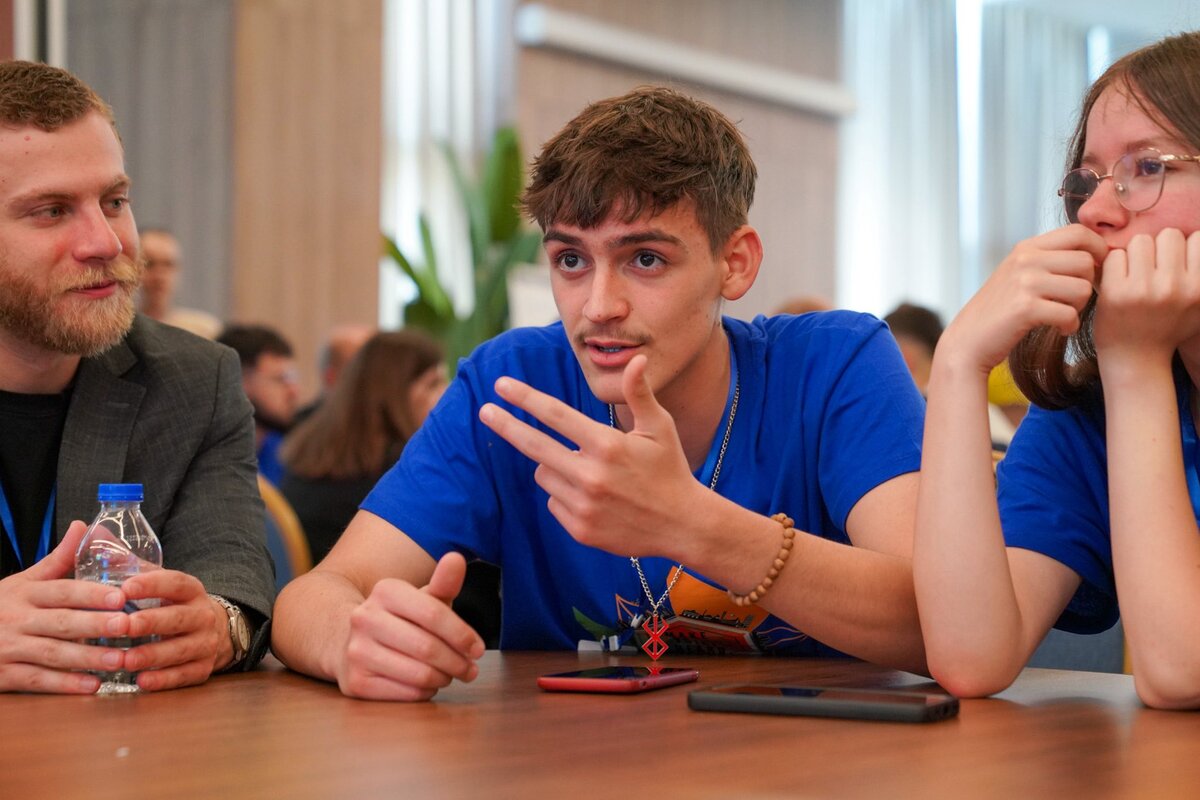
The Assembly gave rise to voices eager to bridge the existing divides. Engjellusha Tasholli, 18, a Kosovo Albanian participant, distilled the urgency: “Where you are from doesn’t matter; what matters is what we need to do to solve problems.” From Kosovo’s Serb community, Anastasija Kragović, 17, offered a call to unity: “Though we are all unique, we face many of the same challenges. By sharing our experiences and working together, we can overcome them.”
For others, the Assembly was a turning point. Karlo Bilela, from Bosnia and Herzegovina, noted: “There aren’t enough opportunities for young people to truly connect. This Assembly changed perceptions and sparked friendships I never expected.” First-time attendee Petra Čelebić, 24, from Montenegro, emphasized the power of regional solidarity: “It’s crucial to network with young people. My message is to have courage, prioritize education, and take control of your life. Only together can we help safeguard peace in the Balkans.”
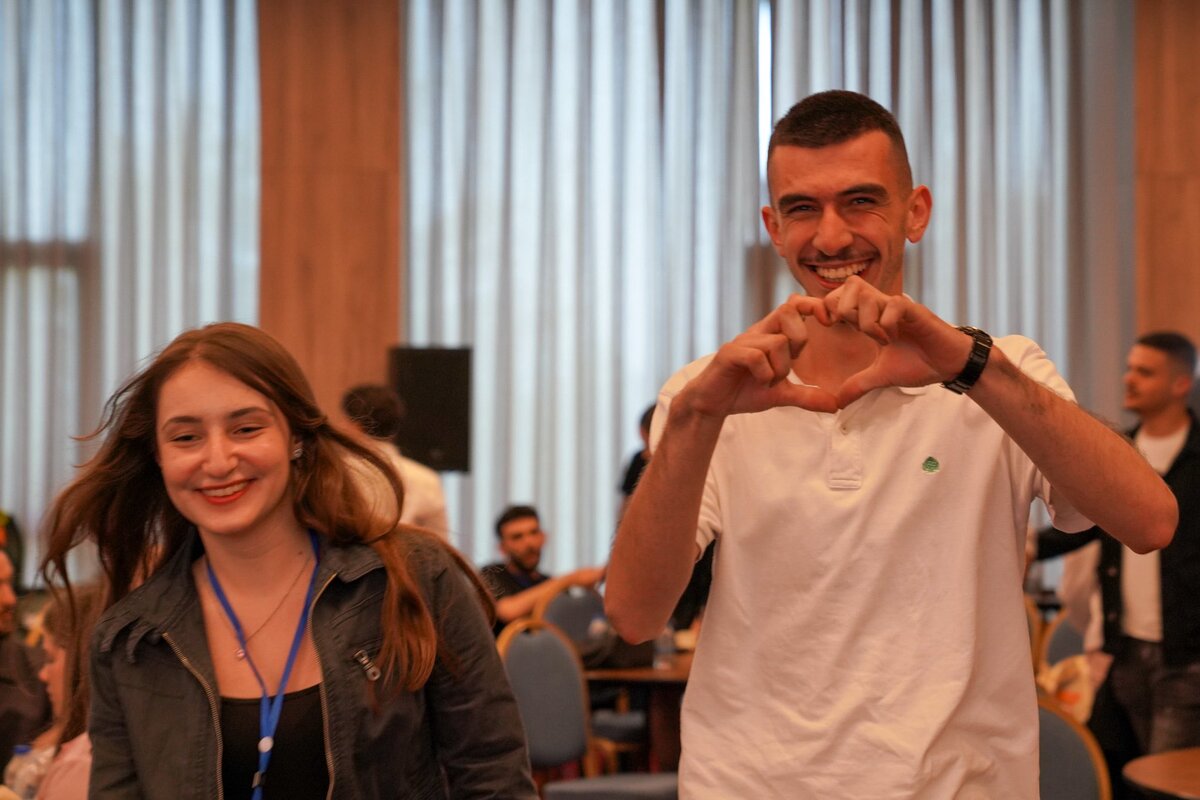
By the Assembly’s close, a vibrant network of youth leaders had formed, linked not just by ideas, but by commitments to concrete, community-driven solutions. In a region too often defined by its fault lines, the 7th UN Youth Assembly offered a counter-narrative, one of shared purpose, interethnic cooperation, and the determination of a generation ready not just to lead, but to deliver.

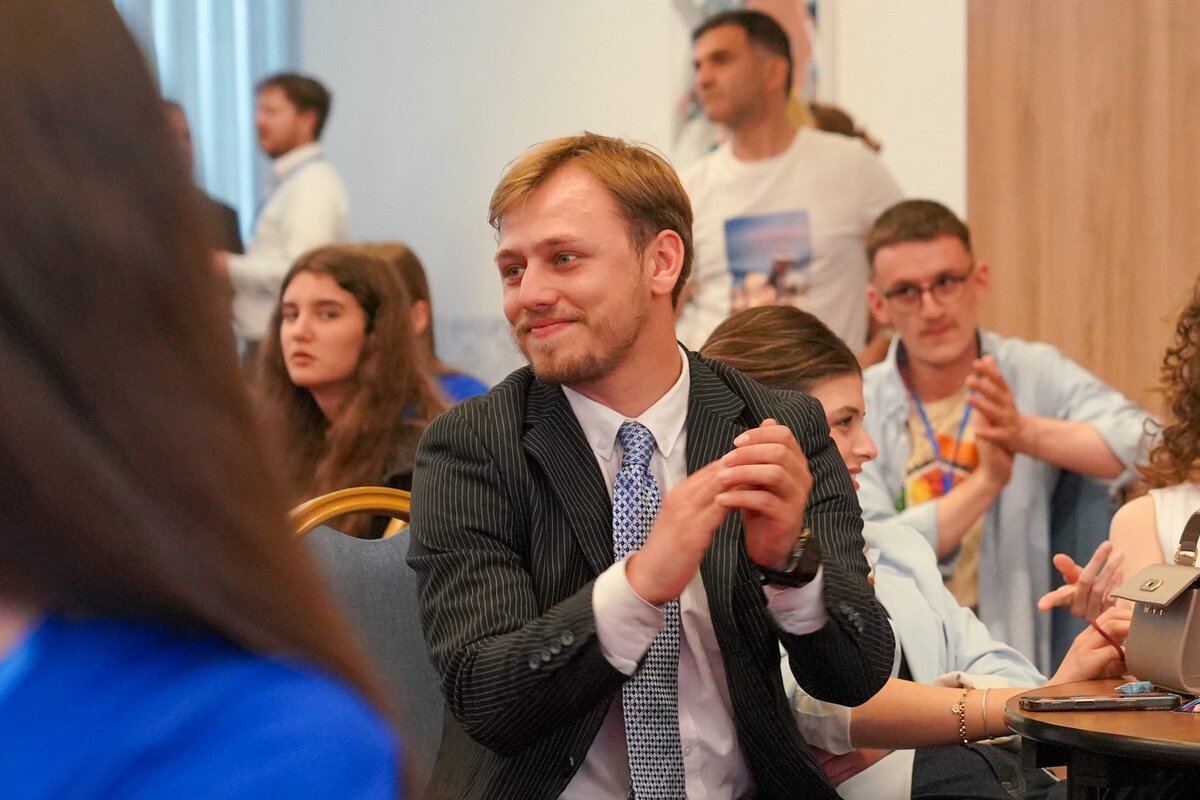
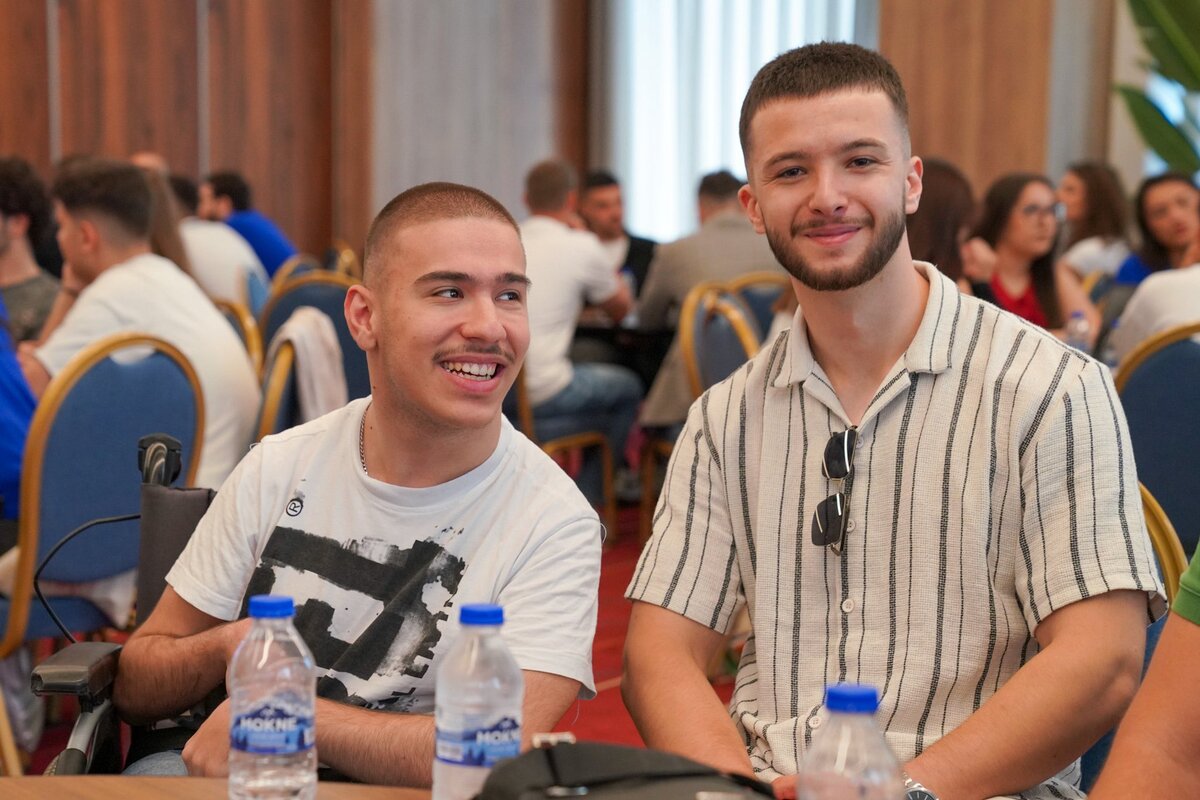
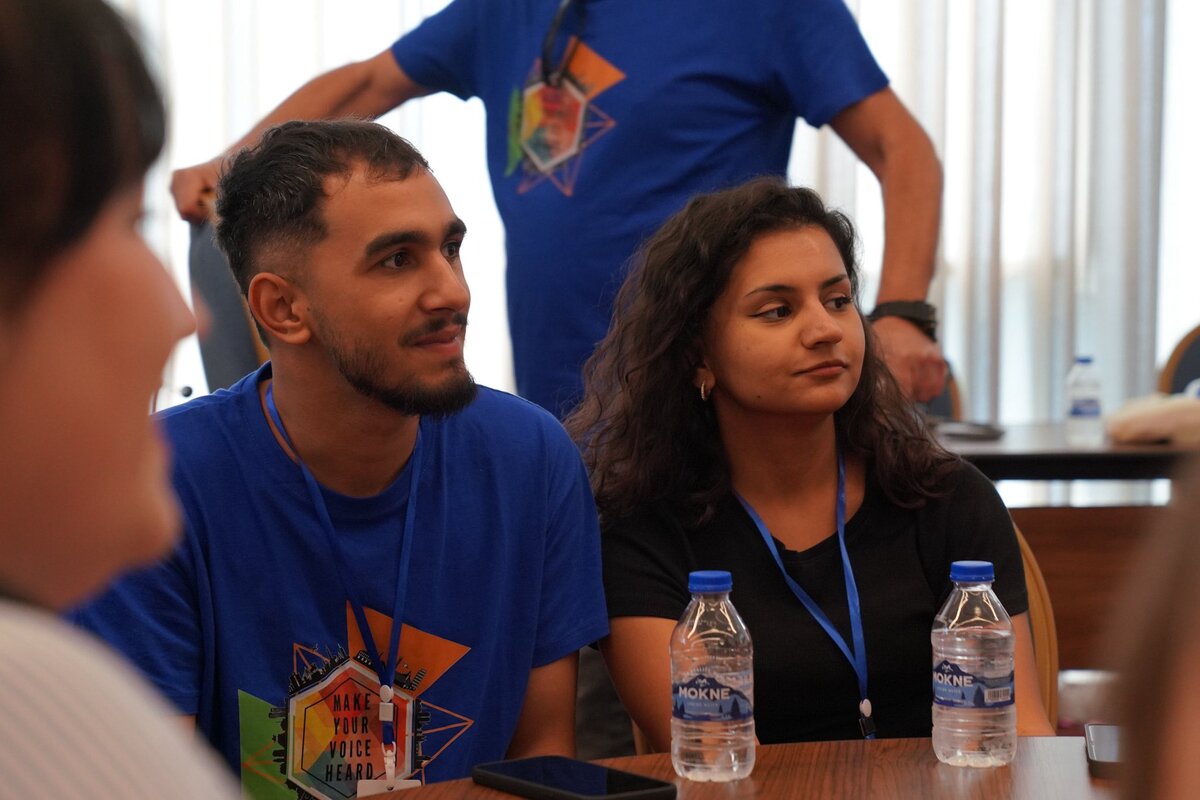
 UN
UN United Nations Peacekeeping
United Nations Peacekeeping
